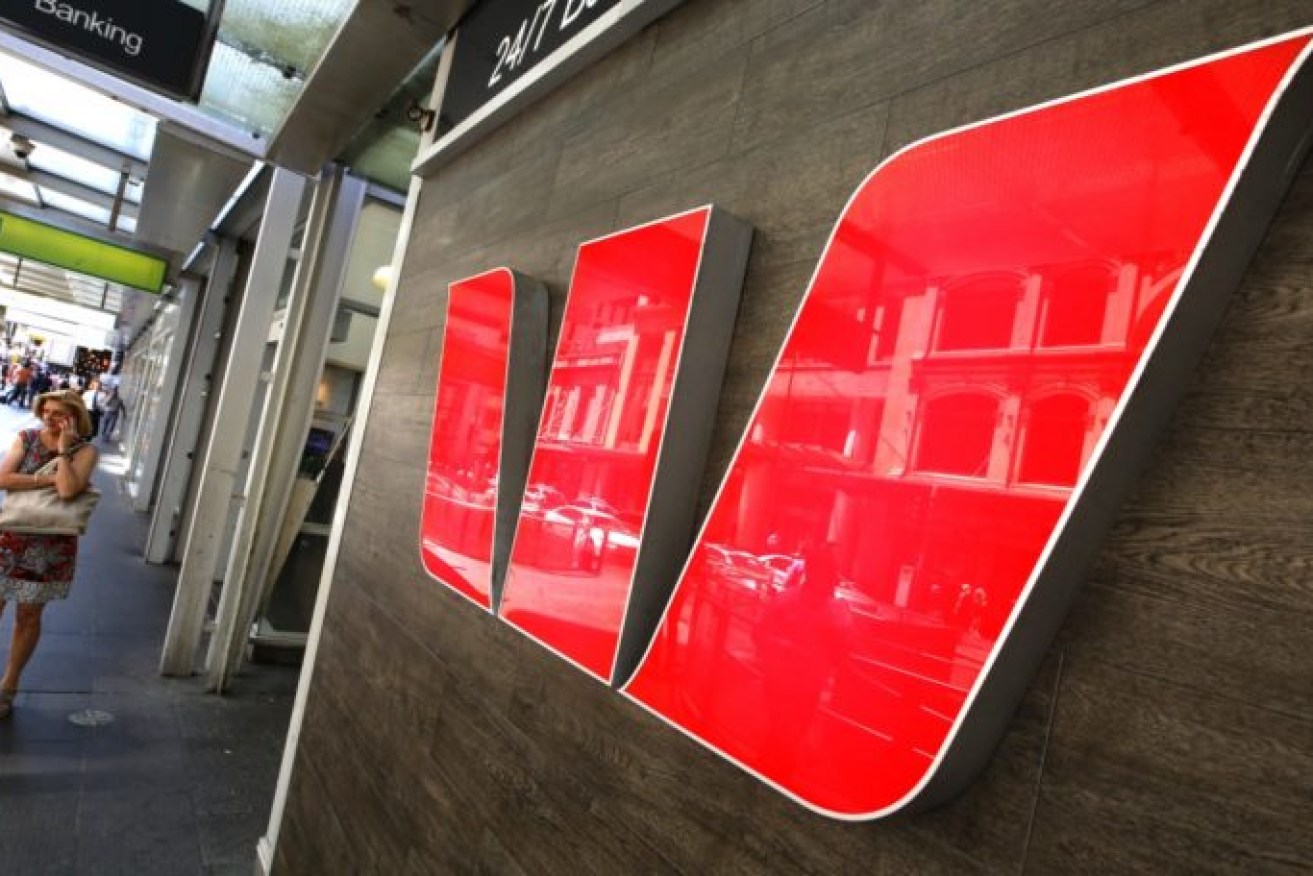Westpac’s multi-million credit card fail sparks calls to ban online applications


Westpac's online application process was not thorough enough, says ASIC. Photo: AAP
The meteoric rise of automated credit card applications has been called into question after Westpac was forced to refund a total of $11.3 million to credit card customers.
The refunds, which worked out as several thousand dollars per customer, were necessary because the bank’s online assessment process had failed to gather enough information about the customers’ financial situation.
The case, which came on the eve of the banking Royal Commission, shined a light yet again on the continuing problem of irresponsible credit card lending.
Consumer groups, such as Consumer Action Law Centre and Choice, have called on the Royal Commission to examine the issue.
They claim irresponsible lending is a “systemic” issue during which banks deliberately target people who they know will not be able to pay their bills on time – because it is precisely this vulnerable group that is most profitable to the banks.
Westpac’s case
On Wednesday Westpac revealed it was refunding $11.3 million to more than 3401 customers whose credit limits it had raised without making “reasonable inquiries” as to their ability to pay it back.
That worked out as more than $3300 per customer.
Corporate watchdog ASIC said the crux of the problem was that Westpac had relied on automated application processes – i.e. online forms.
By doing so, ASIC deemed Westpac had not made “reasonable inquiries” of individual cardholders’ financial situation.
Westpac admitted that customers’ employment status and income may not have been “directly reconfirmed in the credit card credit limit increase application process”.
The bank said it had amended its application form to capture more information.
“Westpac is committed to lending responsibly. If we get something wrong, we will acknowledge it and will put it right for our customers,” the bank stated.
Systemic irresponsible lending
But Katherine Temple, senior policy officer at Consumer Action, said this was not sufficient.
She pointed to figures compiled by the banking industry that showed 97 per cent of all unsecured loan applications were automated.
Of those, about 65 per cent were approved – which Ms Temple said showed a large number of people were not being lent to responsibly.
She said banks were obliged to make “reasonable inquiries” into a person’s financial situation, and that the rise of automation meant they were not doing this.
This, she said, increased the likelihood that lower-income people would be approved, would miss the payment deadline, and could end up in “debt traps” for as long as 30 years, paying the minimum interest payments.
She said it was not unusual for people to call Consumer Action with credit card debts of up to $100,000, and that credit card debt was the No.1 issue for callers.
“The rules for responsible lending are very clear. It’s just that banks are not complying with them,” she said.
“Credit cards are a money maker for the banks, but a debt trap for consumers.”
She said while ASIC “should be applauded” for this case, lack of resources meant there were limits to what it could do.
“Really the banks should be taking a stand against irresponsible lending. But they don’t do anything until the regulator intervenes.
“The solution is a combination of better rules and more resources and powers to ASIC so they can hold banks to account.”
She urged the Royal Commission to examine the issue.
In its submission to the Royal Commission, consumer group Choice listed irresponsible lending as a major concern.
In particular it found banks and other lenders were recommending that customers take out high interest loans through credit cards, rather than lower-interest personal loans.
Unsecured personal loan rates are rarely more than 13 per cent, while credit card rates are often more than 20 per cent.
ASIC recently secured an additional $120 million in funding. A spokesperson told The New Daily much of this was going towards “heightened surveillance” of lending practices.
It was not clear if this would specifically apply to credit card lending.








